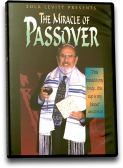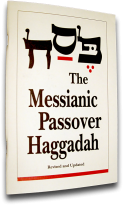
Dear Friend,
Zola Levitt Ministries has “taken it on the chin” lately following an article by Zola that addressed the issue of worship on Saturday or Sunday. During his in-depth studies of the Old and New Covenants, being a Jewish believer in Messiah gave Zola keen insights into how the New Covenant played out in modern religious practice. While his article needs no defense, I feel compelled to write on his behalf, since he is in Heaven with the King, to help clear any confusion regarding Saturday and Sunday worship choices.
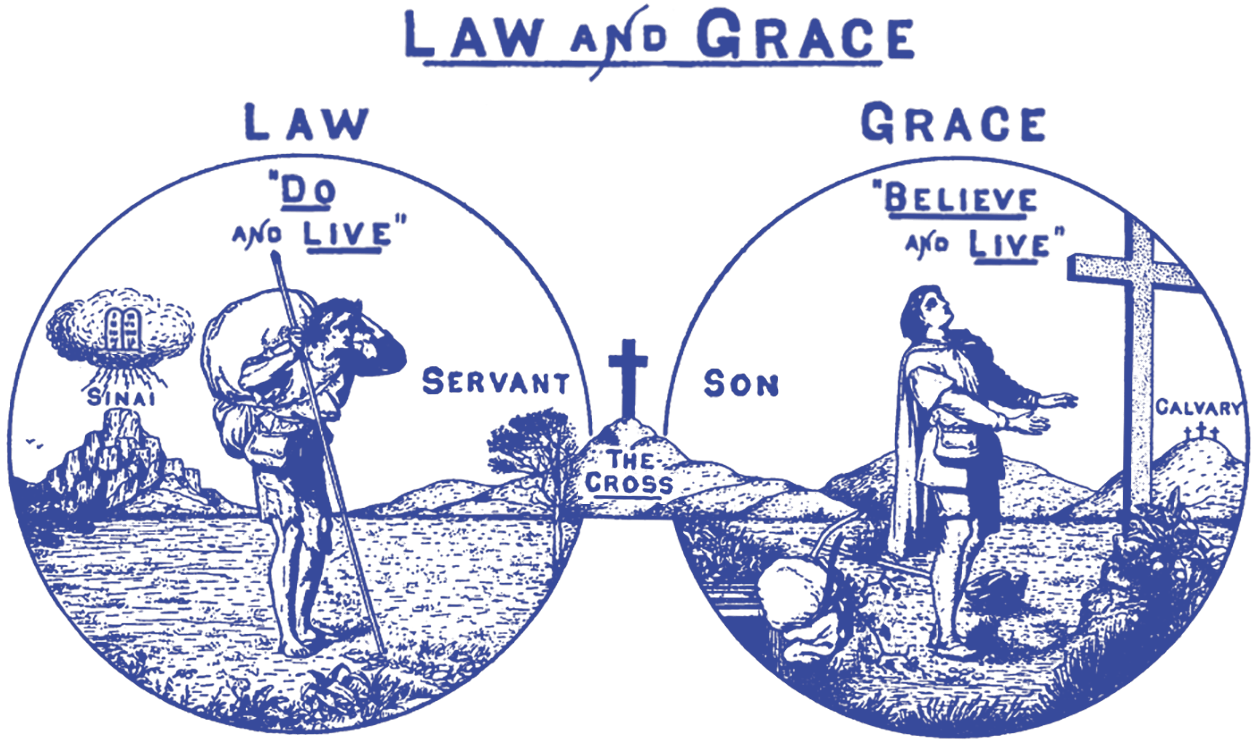
Below is an excerpt from the Classic Zola article, republished on page 11 of the January 2018 Levitt Letter:
If some wish to worship on Saturday, fine! If others on Sunday, that’s fine, too! There really isn’t a New Testament Biblical mandate one way or the other. As a word of caution to those who insist upon a certain day as better: The New Testament contains words of rebuke against those who would trouble the Church by seeking to bring Believers under bondage to the religious practices of the Old Covenant (Gal. 2:4, 6). The Church is not under the Old Testament legal system. It’s as simple as that. The Apostle John says it best, “For the law was given through Moses, but grace and truth came by Jesus Christ” (John 1:17).
The Earliest Christians
The earliest Christians were almost all Jews, and they did not believe that their faith was a denial of Judaism but rather the fulfillment of a lifetime expectation of a Messiah! The disciples, along with Paul, were convinced that Jesus/Yeshua was the Messiah, and that He had commanded them to “go into the entire world” (Matt. 28:19). Paul even claimed to be persecuted “because of the hope of Israel” (Acts 28:20).
After Yeshua’s resurrection, which was on the first day of the week (Sunday), He appeared to His disciples on four different occasions—always on the first day of the week. But the New Testament clearly notes that observing a particular day of worship wasn’t binding on anyone. Take note of the following passages:
One person esteems one day above another; another esteems every day alike. Let each be fully convinced in his own mind. He who observes the day, observes it to the Lord; and he who does not observe the day, to the Lord he does not observe it… —Romans 14:5–6a
So let no one judge you in food or in drink, or regarding a festival or a new moon or Sabbaths, which are a shadow of things to come, but the substance is of Christ. —Colossians 2:16–17
But now after you have known God, or rather are known by God, how is it that you turn again to the weak and beggarly elements, to which you desire again to be in bondage? You observe days and months and seasons and years. —Galatians 4:9–10
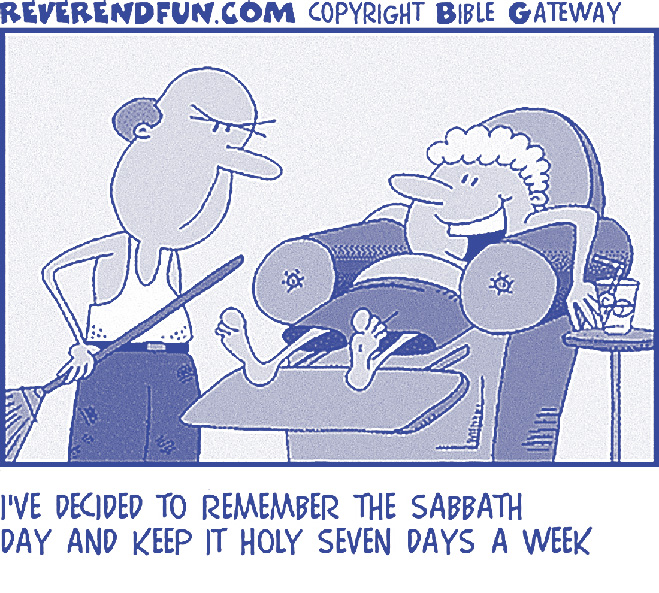 The remainder of the New Testament shows that the first day of the week became a day of worship for the early followers of Yeshua. When did Paul collect an offering from the church at Corinth? He asked them to gather the money on the “first day of the week” (1 Cor. 16:2). Also, Paul met with the Believers (“Believers” is short for “believers in Yeshua/Jesus as Messiah.”) at Troas “on the first day of the week, when we were gathered together to break bread” (Acts 20:7).
The remainder of the New Testament shows that the first day of the week became a day of worship for the early followers of Yeshua. When did Paul collect an offering from the church at Corinth? He asked them to gather the money on the “first day of the week” (1 Cor. 16:2). Also, Paul met with the Believers (“Believers” is short for “believers in Yeshua/Jesus as Messiah.”) at Troas “on the first day of the week, when we were gathered together to break bread” (Acts 20:7).
Ignatius of Antioch, writing in the early second century a.d., described Christians with a Jewish background as those who “have come to possession of a new hope, no longer observing the Sabbath, but living in observance of the Lord’s Day, on which also our life has sprung up again by Him and by His death.”
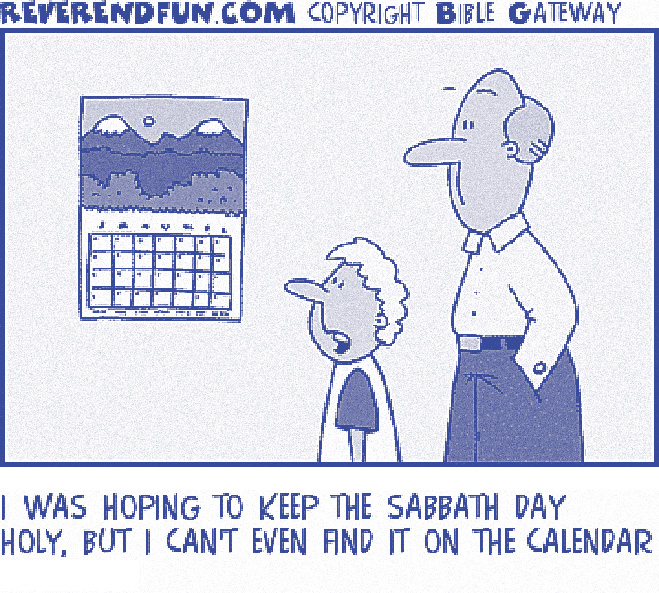 I believe Zola’s main concern in his article was not which day you choose to rest and honor God, but that you take the time to do so. As Jesus taught, “the Sabbath was made for man and not man for the Sabbath” (Mark 2:27).
I believe Zola’s main concern in his article was not which day you choose to rest and honor God, but that you take the time to do so. As Jesus taught, “the Sabbath was made for man and not man for the Sabbath” (Mark 2:27).
No matter what position you or I take, we must each understand that God has a claim on all of our time. We may give Him one day of the week, but He owns all seven!
Evangelical and Jewish
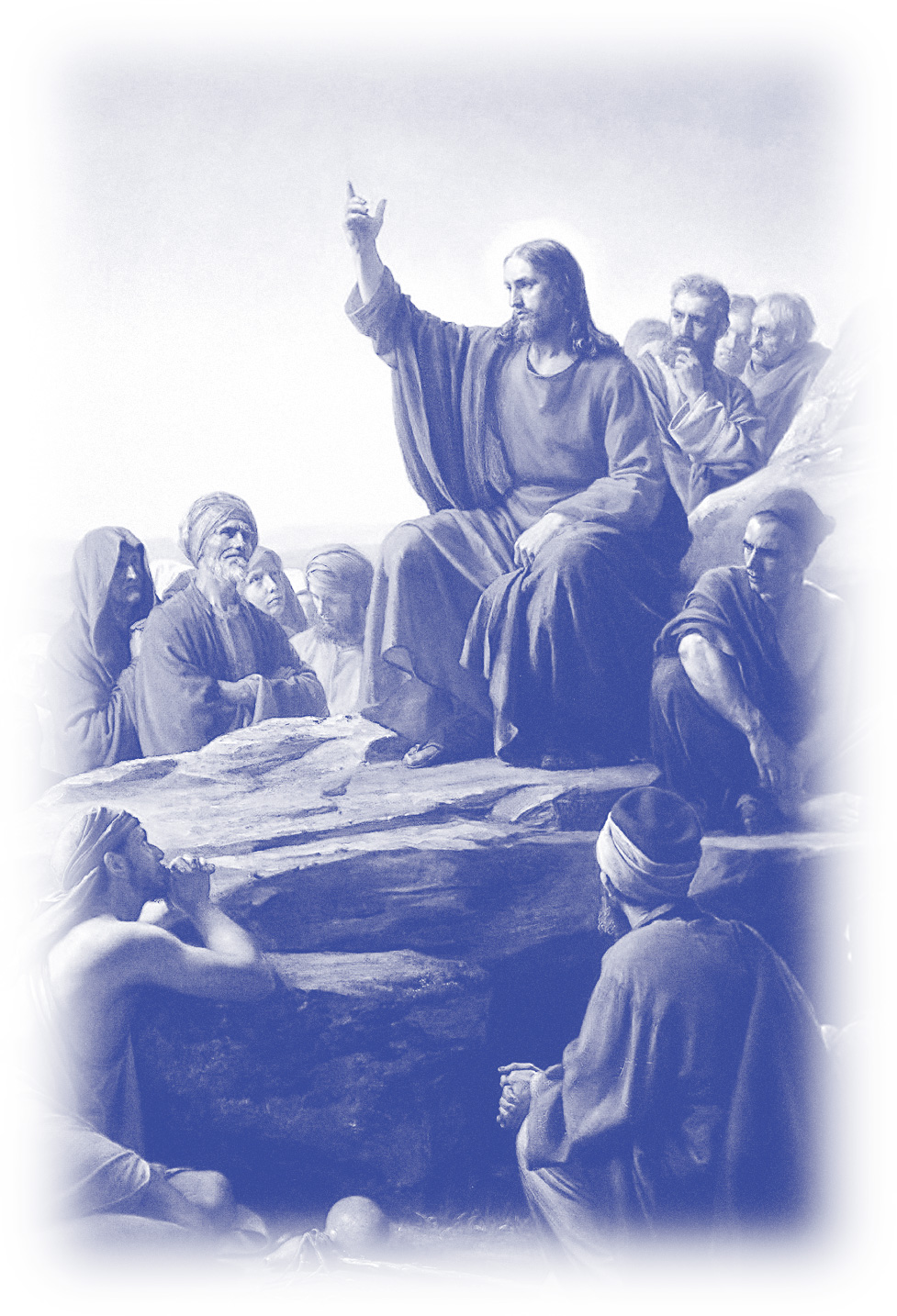
(May 23, 1834 – February 22, 1890)
A concern intertwined the complaints about Zola’s article and requested that this ministry identify itself as either “evangelical” or “Jewish,” concluding that the ministry cannot be both. We can judge the error of this conclusion by rereading the previous section and noting that the first followers of Yeshua were Jewish and evangelical. Perhaps the difficulty lies in our understanding of the term “evangelical.” Let’s examine this term.
A person or entity that identifies as “evangelical” believes and proclaims the Gospel of Jesus Christ/Yeshua HaMashiach. Seems okay so far. The word “evangelical” derives from the Greek noun euangelion, translated as “glad tidings,” good or joyful news. The verb euangelizomai is used for announcing good tidings or proclaiming good news. Still seems to describe this ministry, since Zola often quoted Romans 10:1: “Brethren, my heart’s desire and prayer to God for Israel is that they may be saved.”
Following the example of Yeshua is a good thing, right? “And Jesus went throughout all Galilee, teaching in their synagogues and proclaiming the gospel [euangelion] of the kingdom and healing every disease and every sickness among the people” (Matthew 4:23).
As early as Genesis 3:15, we meet the concept of “euangelion” when the Writer states, “And I will put enmity between you and the woman and between your seed and her Seed; He shall bruise your head, and you shall bruise His heel.” Most Christian commentators since the second century refer to this as the “Proteuangelion,” or foreshadowing of Yeshua the Messiah.
Theologically, “evangelical” stresses the sovereignty of God—the One who created and rules over Heaven and Earth. Evangelicals adhere to a divinely inspired Scripture as a record of God’s revelation and the infallible authoritative Word of God. Evangelicals believe the Holy Spirit has guided the various Biblical authors in their selection of words and meaning as they brought to life the activities in their spheres of influence. The Scriptures are inerrant in all that they affirm, and serve as the revelation of God’s purpose and will to man.
Evangelicals believe in the total depravity of man—i.e., that man was originally created perfect, but sinned and became separated from the Creator. It was God who stepped in and provided redemption through His only Son, Jesus Christ, by His death on the cross and His resurrection from the grave! Therefore, salvation is an act of unmerited divine grace, received through faith in Christ. “By grace we are saved….” (Ephesians 2:8).
Finally, evangelicals look for the visible, personal return of Jesus Christ, when He will reign eternally in a New Heaven and Earth. All of these evangelical beliefs echo the beliefs of this ministry. For an overview of our foundational principles, please visit: www.levitt.com/about.
Teaching the Jewish Roots of Christianity
Our outreach makes no effort to mislead anyone regarding who we are or what we believe. Zola Levitt Ministries continues to teach the Jewish roots of Christianity, and in the Biblical definition of “evangelical” (euangelion), we proclaim the Good News of the Messiah to a lost world.
Our readers are free to choose how they interpret an article, whether from this ministry’s newsletter or the editorial page of a newspaper. That freedom to discern is what makes grace so wonderful: We are not bound by a law that demands conformity but only honest, humble worship of the King of Kings and Lord of Lords.

Standing firm with Israel and ZLM,

P.S. Please consider joining us on a visit to Israel to experience firsthand this ministry’s love for the Jewish people and discover your Jewish roots of Christianity. It is highly probable that you’ll meet one of our “euangelion” (Gospel) teams while you’re there. ![]()
A Note from David and Kirsten
So many beliefs. So many opinions. So many viewpoints. Hopefully, we students of the Bible can focus on embracing the Bible’s main message of grace, love, and forgiveness to the world. No matter what day we Believers gather for corporate worship, let our coming together be about Him. Thank you, Tony, for addressing the potentially divisive topic of ZLM identifying itself as both evangelical and Jewish. Now let’s resume our Lord’s business of sharing His Good News!
Speaking of good news, our Holy Land study tour dates this fall (below) give you several options to experience the places where Jesus lived, taught, and rose from death. Why take our tour’s extension to Greece? Because that’s the crib of evangelism. Our Greek Isle cruise takes us to Ephesus, Santorini, and the island of Patmos, plus many other New Testament sites. Seeing the specific locations of Biblical events is transformative; it energizes your spiritual walk. If you have been there or can’t make the trip, you might gift this trip to someone who needs to make their first pilgrimage. What a legacy vacation that would be, especially during 2018 when Israel celebrates 70 years as a regathered nation!
You invest wisely when you sustain this ministry’s calling to proclaim the Good News of Yeshua worldwide. Because of your donations, Jewish people everywhere are coming to realize their salvation through the life and resurrection of Yeshua. Though rabbinical teaching misses the prophetical road to Messiah, many Jews are coming to Yeshua. Likewise, Christians are studying the Jewish history that’s been absent for centuries from much Church teaching. For your part in effecting the spiritual enrichment of Believers’ Jewish roots, we thank you. Todah.
Please remember to Sha’alu Shalom Yerushalayim! / Pray for the peace of Jerusalem! (Psalm 122:6),


Zola Tours to the Holy Land
Below are our Fall Tour options. For questions and itinerary details, please contact Zola Tours manager, Sandra, at 214-696-9760, email her at travel@levitt.com, or visit levitt.com/tours.
Fall Tour 2018 options![]()
| Deluxe (Israel only) | Oct 14–23 | $4,488 |
| Grand Petra (Israel & Petra) | Oct 14–26 | $5,688 |
| Grand Athens (Greece & Israel) | Oct 8–23 | $7,388 |
| Ultra Grand (Greece & Israel & Petra) | Oct 8–26 | $8,588 |
Zola Levitt Presents in March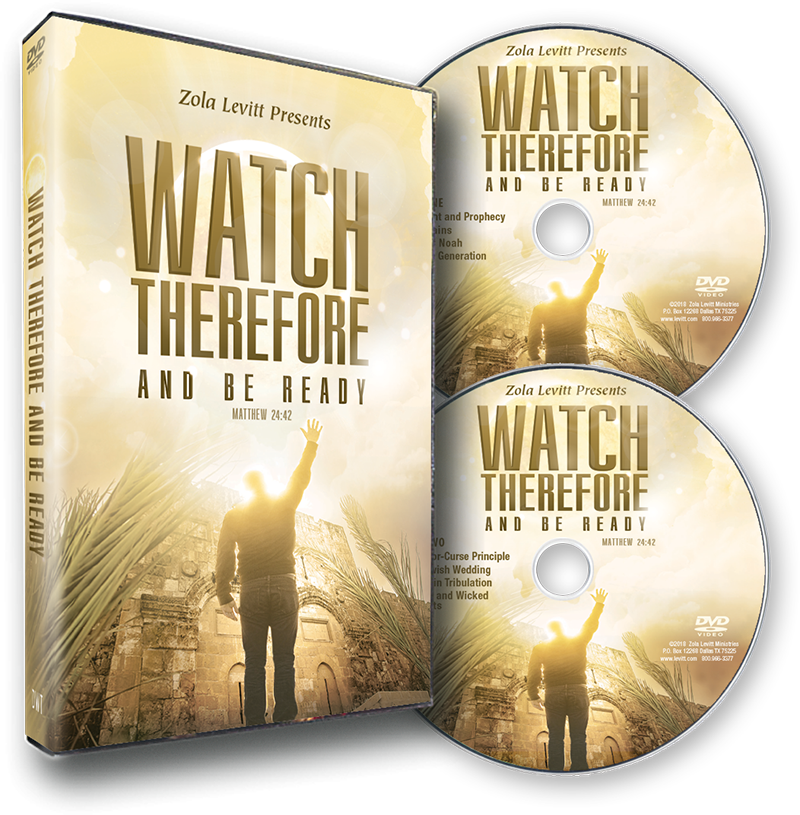
Kirsten and I met with Dov Schwarz and his loving and lively family while we were filming and leading the ministry’s recent tour in Israel. This month, our broadcasts conclude the Watch Therefore series that features his teachings. It will be available for free viewing at levitt.tv and for purchase on DVD at store.levitt.com. —David
Watch Therefore and Be Ready encourages this generation to be aware of prophetic fulfillment, live expectantly, and be ready for Messiah’s return. David and Kirsten Hart present this eight-part series that features teaching from Dov Schwarz, guest analyst Dr. Mark Hitchcock, reports from Israel with Chaim Malespin, Hebrew lessons, and Zola’s music.
- The Jewish Wedding
- In Matthew 25:1–13, Messiah uses Jewish wedding customs, including a midnight cry and marriage feast, and advises us to mimic the five wise virgins: Watch therefore and be ready.
- Refuge in Tribulation
- End Times events portend a place that is prepared for the wrath of the Lamb, Messiah Yeshua. Yet, we see His hand outstretched in mercy.
- Faithful and Wicked Servants
- Yeshua repeated the theme of faithful and wicked servants in the signs of His coming (Matthew 24:45–51 and Mark 13:32–37). The faithful servant watches for the Master’s arrival, obeying His commands; the wicked servant watches not and becomes ungodly, facing eternal damnation.
Called Together is so powerful, we’re bringing it back! Walk with us again through this insightful and eye-opening series featuring Eitan Shishkoff as he brings us the Word of God with fresh insight from Israel. Set your DVR to record the whole series, and invite a friend to watch along with you. —Kirsten
In Called Together, we see how the Lord calls gentile Christians and Jewish believers in Yeshua to work together to bring the Messiah to the lost sheep of Israel. From the studio, David and Kirsten Hart present these eight 30-minute television programs of Bible teaching that feature Eitan Shishkoff joining a host of guests in Israel.
- Friendly Alliance
- 1 Kings 5 relates the cooperation of Jewish King Solomon and gentile King Hiram working together to build the Temple, modeling God’s plan for saving the world. Guests: Jacob Damkani, Chaim Malespin, and Dana Feinstein. David and Kirsten sing “Father, Take This Sheep,” composed by Zola.
- Salvation Returns
- Israel provided Light to the gentiles, who now take the Gospel message back to where it began. Importer of humanitarian aid Jim Schutz shows how gentile Believers reflect God’s love. Chaim’s wife Deanna teaches us how to say “Jesus” in Hebrew. Messianic Carolyn Hyde sings “Oseh Shalom.”





